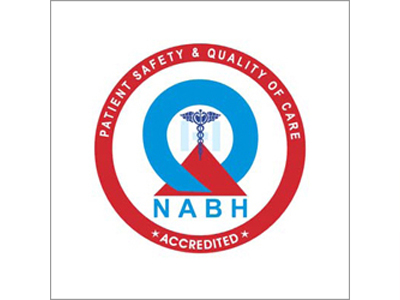Ashik Mohamed and colleagues from the Ophthalmic Biophysics lab, The Cornea Institute and the VST center for Glaucoma care, L V Prasad Eye Institute assessed Vitamin B12 levels of 2,374 employees from four tertiary eye care centers and identified that one-fourth of this large sample was B12 deficient. The study found that men were more likely to be deficient in Vit. B12.
In the hectic delivery of eye care, it is easy to deprioritize personal health. Nutritional deficiencies have a variety of implications for occupational health in the eye health sector, including on the employee’s mental health and productivity. Screening for essential micronutrient deficiencies and other such occupational health surveillance is also linked to public health. Large, professional cohorts can add to our understanding of the prevalence of nutritional deficiencies in the population.
A key micronutrient that warrants such surveillance is Vitamin B12. It plays a vital role in the metabolic health of the nervous system and Vit. B12 deficiencies are linked to a variety of systemic diseases. Similarly, many factors can trigger deficiencies, including a vegetarian diet, gastrointestinal diseases, or drugs that lead to B12 malabsorption (like Metformin for Type 2 diabetes). As many of these conditions are commonly found in the Indian population, large cross-sectional studies can throw light on the prevalence of Vitamin B12 deficiency in India.
A new study by Ashik Mohamed and his colleagues from L V Prasad Eye Institute analyzed the vitamin B12 levels of employees in the organization working across its four tertiary eye care centers in India. This cross-sectional study uniquely focused on a large sample of eye care professionals (2,374 employees) and analyzed their serum vitamin B12 levels to identify deficiency. A sub-set of these employees were then surveyed (208 respondents) to evaluate their risk factors for B12 deficiency. The study found moderate prevalence, with one-fourth of the staff testing deficient for Vitamin B12. It also found that far more men were deficient in this vitamin compared to women. The survey results were not conclusive, but the paper discusses many reasons for this difference.
The authors recommend annual blood tests for timely diagnosis and management of B12 deficiency. They also discuss the importance of diet and underscore the importance of monitoring the health of health care professionals for the crucial role they place in society.
'The key findings from the paper are the moderate prevalence of B12 deficiency in eye care professionals, a significantly higher proportion of males in the deficient group than the normal group, and a significantly higher average B12 in females. This is the first such study in eye care professionals and the first in Indian healthcare professionals,' says Dr Ashik Mohamed, Scientist, Ophthalmic Biophysics Lab, LVPEI.
Citation
Nandyala S, Mohamed A, Bhargava A, Chaurasia S, Senthil S, Vaddavalli PK. Vitamin B12 deficiency in a large cohort of healthcare professionals across the network of an eyecare organization in India. Indian J Ophthalmol. 2022 May;70(5):1718-1721. doi: 10.4103/ijo.IJO_2823_21. PMID: 35502059.


